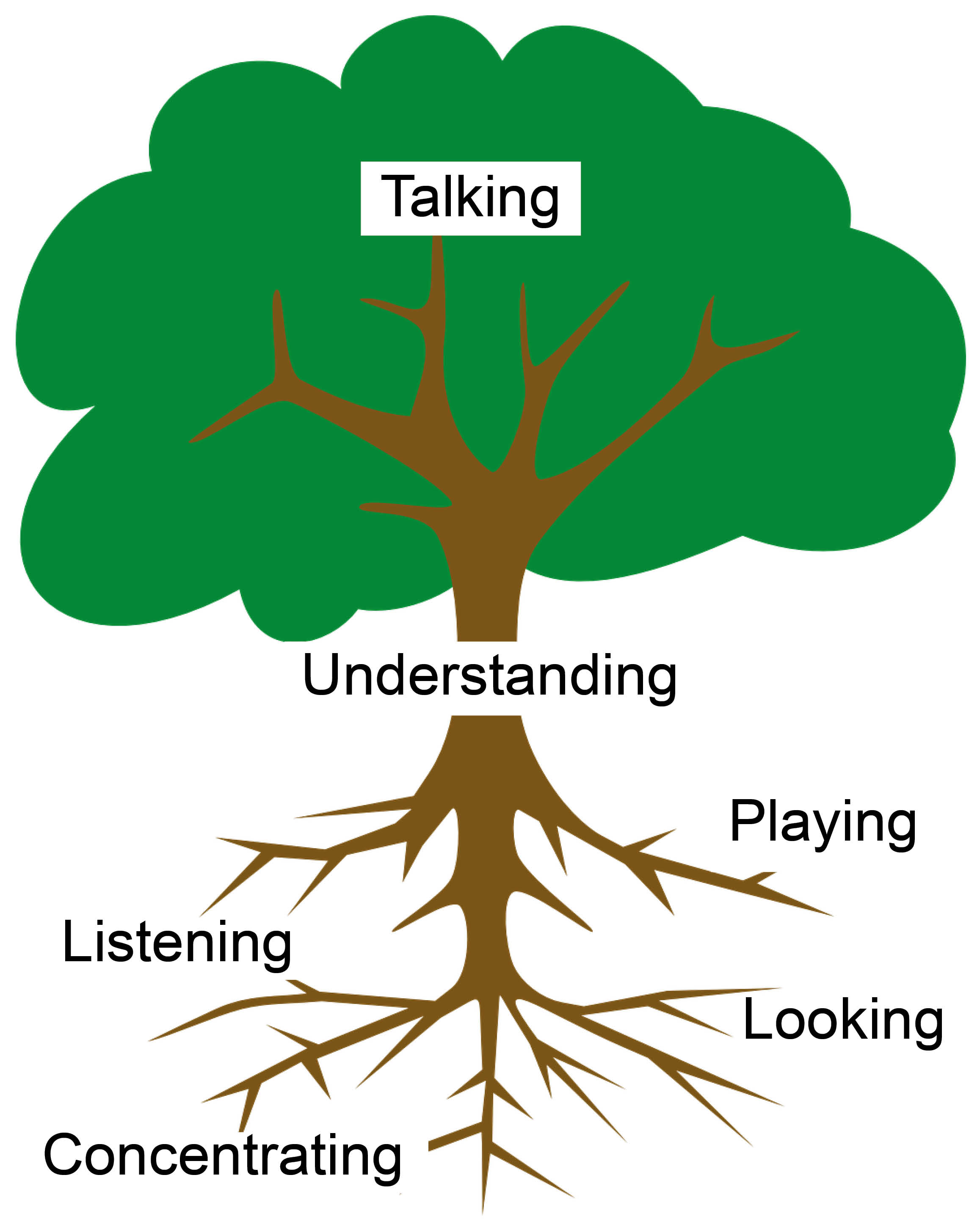How to support your child’s social communication skills
Information from parents and carers from the Children and Young People's Therapy Service
Children learn speech, language, and communication skills in their natural environment. As parents / carers there is so much you can do to support your child’s development.
This leaflet aims to provide parents and carers with information, activities, and tips. If after reading this leaflet, you still have questions or concerns, please go to our Children and Young People's Therapy web page.
Supporting and encouraging your child’s social communication and social interaction skills
Communication is more than just words we say to each other. Children with social communication difficulties may struggle with:
spending time, talking and playing with others
moving their attention between people and activities
understanding or using eye contact, facial expressions, and body language
listening and paying attention to the world and people around them.

Children need to develop the important foundations of communication (the roots) to help their understanding of language (the trunk) and use of words, sentences, and speech sounds (the leaves).
Parents can help by playing together, listening, praising your child, and commenting on what they are doing.
Intensive interaction
Intensive interaction is an approach that can help children develop their early play and communication skills.
Get down to your child’s level and join in their play.
Copy what you see and hear your child do; play, movements, actions, and sounds.
Try to respond to your child immediately when you copy them.
Silence and pauses are okay. Wait for your child to do something before you join in.
Top tips for social communication
Special time. Spend 10 minutes a day with your child playing with a toy or activity of your child’s choice.
Reduce background distractions. Turn off the television and find a quiet space.
Let your child take the lead. If they choose the activity or toy they are more likely to have fun, pay attention, and learn.
Try to wait for your child to look at you before you say something.
Comment on your child’s play using simple language.
Encourage all attempts at communication, whether it is a sound, eye contact, a gesture, or a point.
Slow down the pace of play and interaction, allowing for silence whilst your child decides what they want to do next.
Repetition can encourage learning. Playing with a toy the same way each time will let your child learn how it works. It gets easier for them to play with you when they know what to do.
When your child is consistently playing with you and a familiar toy or activity, try to add something new to keep them learning.
Makaton “Sign and Say”
Makaton is a communication system using speech, signs, and sometimes symbols. Using Makaton with your child can be very effective in supporting their communication, reducing frustration, and increasing confidence.
Comments from parents
“Using Makaton took away my child’s frustration as he had a way to communicate. We both feel better.”
“Using Makaton kick started my child’s communication. He became happier because he could communicate what was going on.”
Never underestimate the power of the parent or carer!
Your role as a parent or carer is crucial in supporting your child’s development. You know and love your child better than anyone else, and how you play and talk with them can make a big difference.
Useful websites
Follow our social media accounts for lots of ideas of how to support your child’s communication skills, and links to other useful websites and resources.
Facebook page: East Kent Children and Young People’s Therapy Service
Follow us on Twitter @ChildTherapyEK